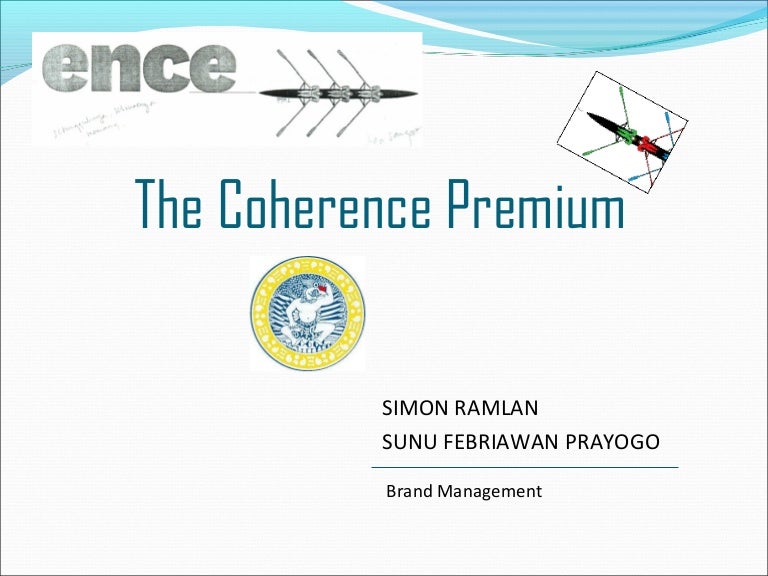
(The critical need for coherence can be simply understood by the undertaking of a task. “Vision, listening ability, reaction times, mental clarity, problem-solving, creativity, and performance in a wide range of tasks are all influenced by the degree of coherence of these two systems at any given moment.” … When our emotions are not aligned with getting the task accomplished, we lack motivation and enthusiasm, which limits our access to creativity and insight, and thus impedes our overall performance.”īecause the mind and emotions influence so many of our abilities and responses, “mental and emotional coherence are of the utmost importance,” McCraty writes. “Conversely,” McCraty explains, “when the mental and emotional systems are out-of-phase, they lack synchronization and thus interact in a conflicting manner, thereby compromising performance. Importance of Coherence Between ProcessesĪ prevailing perspective on the relationship between intellect and emotions is that when these two defining processes are in phase/synchronized and thus coherent, performance, cognitive ability and many of our physical systems can be greatly enhanced. Research now emphasizes the critical role of emotions in human experience, performance and rationality.

Thus, McCraty says, “Traditionally, the intellect was held in high regard, while emotions were considered “irrational” and received little recognition,” but that viewpoint has changed in modern times. Christian theology long held that many human emotions were sins and temptations to be overcome by reason and willpower. They often were viewed “as opposing forces engaged in an incessant battle for control over the human psyche.” He cites the classical philosopher Plato’s characterization of emotions as ”wild horses” that need to be tamed by thought and reason. Throughout most of human history, McCraty observes, the mind and emotions have been considered to be separate from each other. Perspectives have ranged from emotions being located exclusively within the brain they circulate through the blood they form and dwell in specific sections of the brain and that memory is a key element of emotional experience.

There have been ample theories on the nature and origin of emotions/emotional experience.

Only very recently did it become more generally accepted that emotions involve both the body and the mind. McCraty explores the relationship between intellect and emotion and the debate over the source of emotional experience, a debate that has gone back and forth throughout history. So, it turns out, everyone has a stake in gaining a deeper understanding of emotions and learning to manage and use them for their personal benefit. “The importance of gaining a deeper understanding of the emotional system,” McCraty explains in his article, “has become increasingly recognized as an important scientific undertaking, as it has become clear that emotions underlie the majority of the stress we experience, influence our decisions, provide the motivation for our actions, and create the textures that determine our quality of life.” Rollin McCraty writes in his scientific monograph, Heart-Brain Neurodynamics: The Making of Emotions. Sound about right? Pretty simple.Įxcept it turns out that emotions, and where and how they originate, are not simple at all.įor nearly all of human history, emotions have been the subject of much debate among scientists, HeartMath Institute (HMI) Research Director Dr. Feelings arise and you often feel them in your body. Your emotions – Things happen, you engage in conversation, attempt to do something, go someplace.
#Quick coherence professional
Find a Certified HeartMath Professional.



 0 kommentar(er)
0 kommentar(er)
